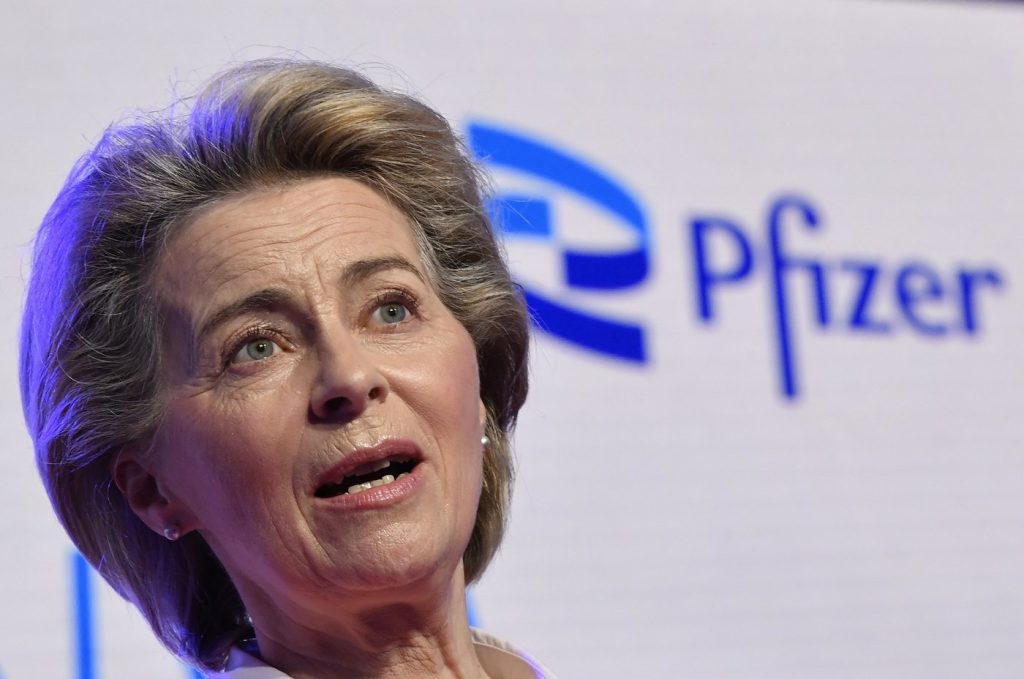On Wednesday, a significant ruling by a top European court determined that the European Commission was incorrect in denying access to text messages exchanged between President Ursula von der Leyen and Pfizer CEO Albert Bourla during the COVID-19 pandemic. This verdict from the European Union's General Court in Luxembourg has prompted renewed calls for reform in transparency practices, particularly by advocates concerned with governmental oversight.
The New York Times, which pursued the documents, successfully demonstrated that the European Commission could not merely assert the non-existence of the requested messages. Instead, the court's statement emphasized that the Commission must provide credible justifications for the absence of such information. The ruling criticized the European Commission for failing to adequately clarify whether the messages were deleted and, if so, whether this deletion was intentional or automatic, or if the President’s device had been replaced during that time.
Nicole Taylor, a spokesperson for The New York Times, celebrated the court's decision as a victory for transparency and accountability within the European Union. She highlighted the message that even transient forms of communication, such as text messages, deserve public scrutiny. In response to the ruling, the European Commission stated it would assess the implications and determine potential next steps, which may include an appeal to the European Court of Justice, the highest court in the EU.
The Commission asserted its commitment to transparency, noting the importance of this principle under President von der Leyen's leadership. However, advocates for transparency have consistently argued that the EU’s executive branch must keep comprehensive records of its actions and comply with requests for document disclosure.
Shari Hinds, a policy officer for Transparency International, urged that the ruling should instigate a pivotal shift in the Commission's restrictive approach to freedom of information. The text messages in question were exchanged amid urgent negotiations for COVID-19 vaccines as the EU sought to secure billions of doses during a tumultuous public health crisis. Von der Leyen faced intense public scrutiny, especially following AstraZeneca’s difficulties in fulfilling vaccine deliveries to the 27-nation bloc.
While von der Leyen was commended for her proactive role in negotiations to procure about 2.7 billion euros (approximately $2.95 billion) worth of vaccines, she simultaneously faced criticism for the lack of transparency surrounding these transactions. During the period of her communications with Bourla, she publicly lauded Pfizer as a “reliable partner,” further intensifying concerns about the opacity of the dealings.
According to legal experts, the Commission faces a tight deadline of just over two months to file an appeal to the European Court of Justice, should it choose to challenge the ruling. Païvi Leino-Sandberg, a law professor at the University of Helsinki, commented on the court's decision, indicating that the Commission had lost on every front, predicting low chances for a successful appeal. This outcome is viewed as a landmark victory for transparency and accountability within the EU's legislative framework.











